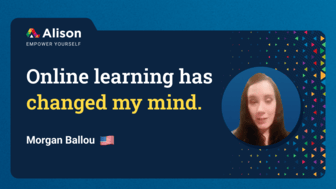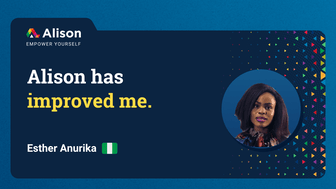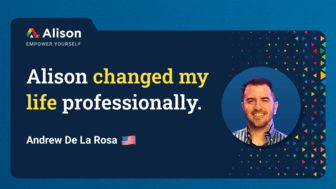What are the best free online courses about body language?
- The Science of Body Language
A great place to start if this topic interests you. Did you know everything from how we touch our hair to having dilated pupils can communicate something about our states of mind to others?
- An Introduction to Body Language and Its Components
Another exciting option for beginners, this course explains more unusual topics like ‘gustorics’ (or how our sense of taste communicates with us) and ‘paralanguage’ or the non-word or non-talking parts of speech like pitch, volume and intonation.
- Body Language - Haptics and Facial Expressions
Various handshakes, minor expressions, major expressions - what could they be telling us? This course delves more deeply into the world of body language and kinesics.
Is body language foolproof?
Different cultures may assign different meanings to different body language. For example, in some places, avoiding eye contact is a sign of respect; in others, it is considered dishonest or shifty. Men and women might be expected to stand, sit or communicate differently. Older and younger people might also make different expressions, signs or gestures. What is considered vulgar and insulting in one place might be entirely neutral or even positive in another.
Always be careful to fully understand the situation and its context before you decide what the person is communicating via body language, especially if you are from a different culture or work remotely. Consider body language as a supplementary way of communicating, but understand that it does have limitations, and interpretations could be highly subjective. You may reach a conclusion based on an expression or posture that is not wholly correct.
What roles or jobs use an understanding of body language?
Any position in which you deal with people would benefit from understanding non-verbal communication as long as you always remember that your interpretation could be mistaken. Some who look down might not be interested in your product; they could be thinking, have a headache or be shy. The key is to use body language as part of your toolbox of verbal communication, empathy and cultural understanding.
Those in the following types of roles might find a course in body language to be interesting or useful:
- Teaching
- Law enforcement
- Therapy
- Nursing
- Trial law
- Politics
- Entertainment
- Journalism
In addition, if you often find yourself baffled by others, a course in body language could help you understand why people have certain expressions or what a specific type of gesture could mean.























